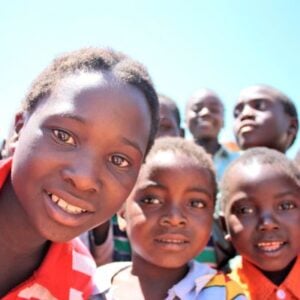Breastfeeding is recognized as one of the most effective ways to support a baby’s health, development, and survival, especially in the earliest stages of life. It serves as a natural immunity booster, protecting infants from life-threatening illnesses such as diarrhoea and pneumonia.
Despite its benefits, global breastfeeding rates remain low. Only 48% of infants under six months are exclusively breastfed—far below the World Health Assembly’s target of 60% by 2030. This shortfall is largely due to systemic challenges faced by new mothers, healthcare providers, and fragile health systems.
Millions of mothers worldwide do not receive timely, skilled breastfeeding support in healthcare settings. Only about 20% of countries currently include training on infant and young child feeding for medical professionals such as doctors and nurses. As a result, most new mothers leave health facilities without the guidance they need to properly breastfeed or introduce complementary feeding at the right time.
Many national health systems are underfunded, disjointed, or poorly equipped, making it difficult to offer consistent and evidence-based breastfeeding support. Despite compelling evidence that every dollar invested in breastfeeding yields a return of $35 in economic benefits, funding in this area remains critically low.
As World Breastfeeding Week is observed under the theme “Prioritise breastfeeding: Create sustainable support systems,” WHO and UNICEF are urging governments, health leaders, and stakeholders to scale up investments in breastfeeding. Their call to action includes increasing national budgets for maternal and newborn care, integrating breastfeeding counselling into regular health services, and ensuring healthcare workers are trained to offer breastfeeding support—including during crises.
WHO and UNICEF also emphasize the importance of strengthening community health systems to provide continuous breastfeeding support for up to two years and beyond. Additionally, they stress the need to enforce the International Code of Marketing of Breast-milk Substitutes across all health facilities to protect breastfeeding practices.
Ultimately, building robust health systems that support breastfeeding is not only a public health necessity but also a moral and economic responsibility. WHO and UNICEF reaffirm their commitment to helping countries develop resilient systems that ensure no mother or child is left behind.







